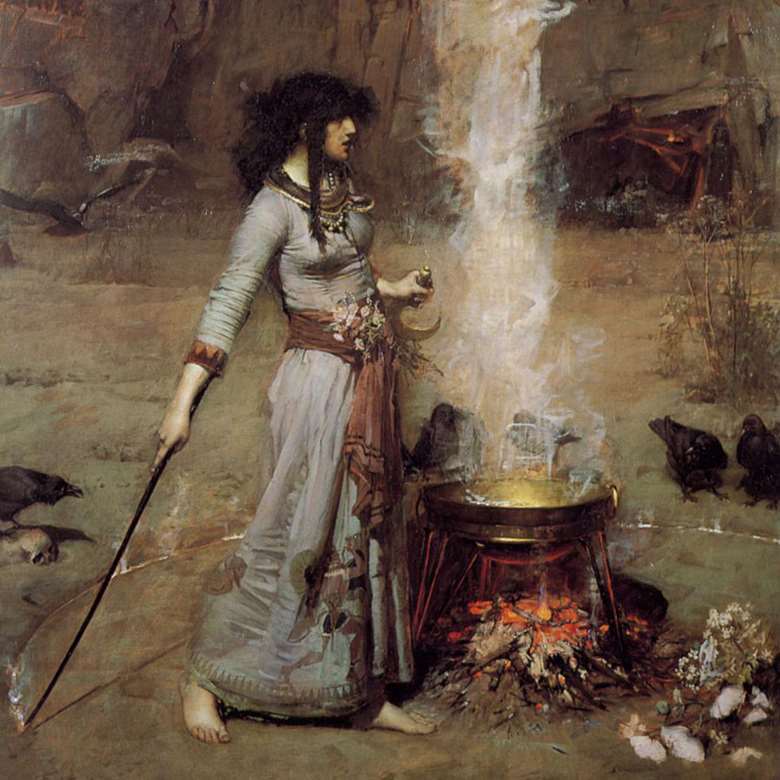Top 10 witches in music
David Threasher
Monday, October 31, 2016
Supernatural goings-on have long inspired composers to write some of their most colourful music. As Halloween looms, David Threasher picks some of his favourite musical witches

Register now to continue reading
Thanks for exploring the Gramophone website. Sign up for a free account today to enjoy the following benefits:
- Free access to 3 subscriber-only articles per month
- Unlimited access to our news, podcasts and awards pages
- Free weekly email newsletter







